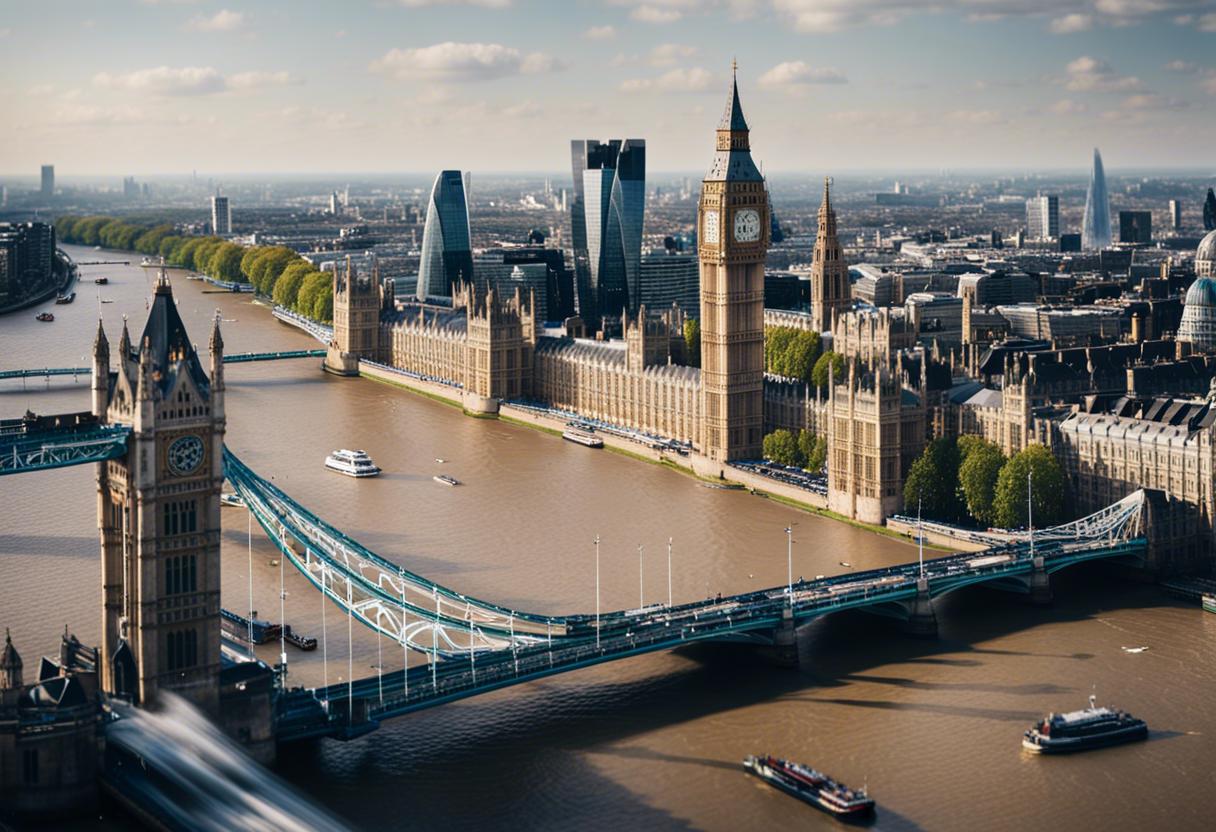The United Kingdom’s ambassador to Ireland, Paul Johnson, has advised that the British government is striving for an arrangement regarding historical issues in Northern Ireland that would be acceptable to both Dublin and a majority of the region’s political forces and stakeholders. This reflects a modification in tactics under the recently instated Labour government in London, he suggested.
Mr Johnson stated that representatives from Ireland and the UK convened on Thursday in a bid to figure out the unsolved matters. Also, he reported the Northern Ireland Secretary of State, Hilary Benn’s announcement during the Kennedy Summer School inauguration in New Ross, Co Wexford, confirming London’s decision not to challenge a Belfast High Court judgement, which declared certain sections of the historical legislation unlawful.
Mr Johnson stated that they must examine the repercussions of this ruling. The UK seeks a situation where its handling of the Troubles legacy aligns entirely with the European Convention on Human Rights (ECHR), he specified. He further noted that the Labour government strongly supports the ECHR and aims for a legacy agreement that enjoys backing from the Irish administration and as many political entities and stakeholders in Northern Ireland as feasible.
According to Mr Johnson, the obligatory tweaks involve “a highly specialised, intricate piece of legislation” and related provisions that will need time to be implemented. He emphasized their determination to renew the spirit of partnership, where both Irish and UK governments work collaboratively towards resolving issues rather than acting independently.
In conversation with former RTÉ presenter, Eileen Dunne, he declared the UK’s exit to be a “structural shock” to its connection with the EU, particularly Ireland. He professed that eight years later, they now endeavour to move past certain challenges.
British Prime Minister Keir Starmer is set to visit Dublin in September, expressing his dedication to improving and recalibrating the relationship between the UK and Ireland. It’s noteworthy that one of his earliest acts in office was to call Taoiseach Simon Harris, demonstrating his commitment to strengthening these ties.
The UK government recognises that their predecessor’s approach to numerous issues in Northern Ireland, particularly the legacy of the Troubles, received negative reception not only from the Irish government but also the political factions within Northern Ireland.
Mr Johnson conveyed that their aim is to rejuvenate the bilateral connection that has been highly influenced by Brexit consequences in recent years, especially in Northern Ireland. He underlined a plethora of aspects where Ireland and Britain can amalgamate their efforts for mutual advancement. He cited examples such as renewable energy, battling climate change, enhancing cyber security, and facilitating a better lifestyle and work environment across both territories for citizens of all age groups.
It is being ensured by both Irish and British officials that the Common Travel Area agreement thrives and it addresses present immigration challenges. The aim is to make the borders of both nations more secure.
The level of interaction currently established was highlighted by Mr Johnson when he referred to the impending visit of six Irish ministers to London over the following week to meet their counterparts. Moreover, a significant British-Irish summit is scheduled for the subsequent year.

